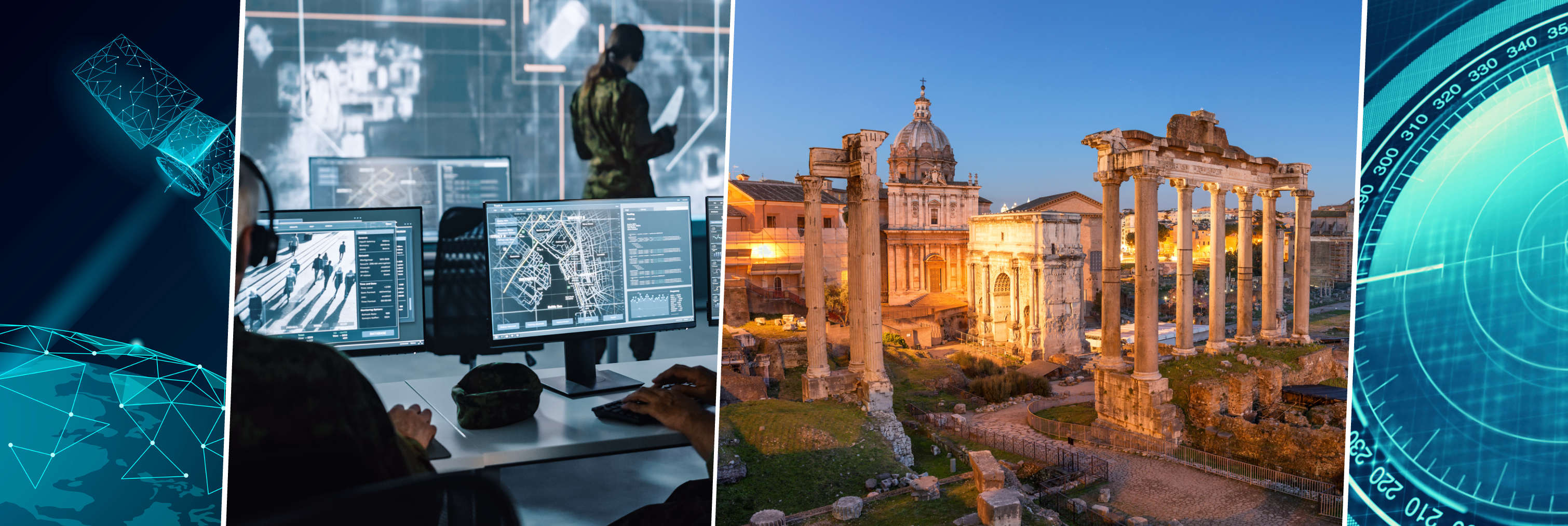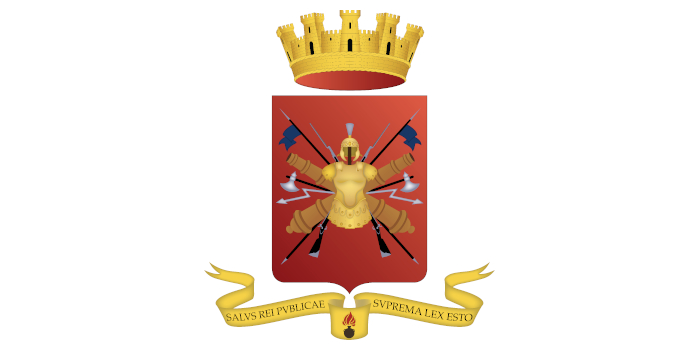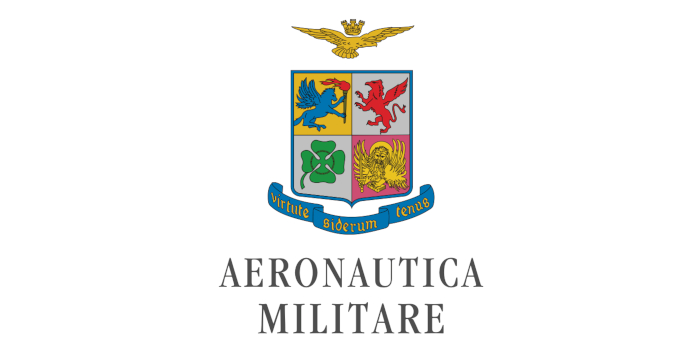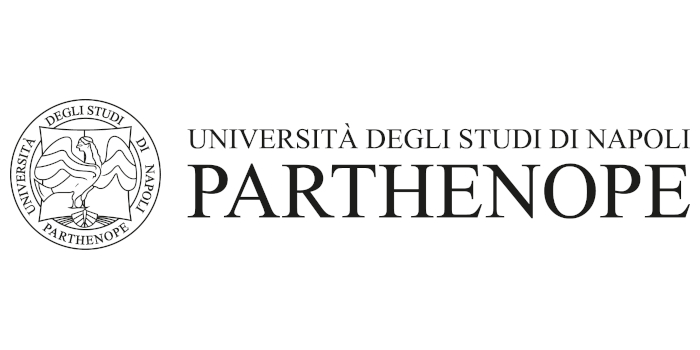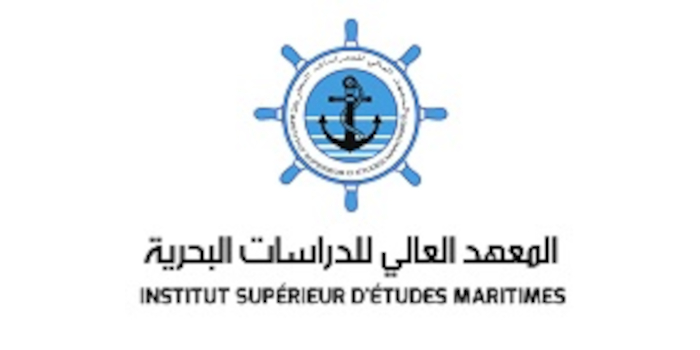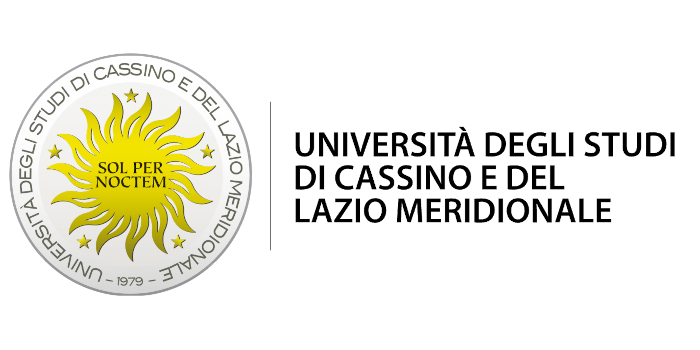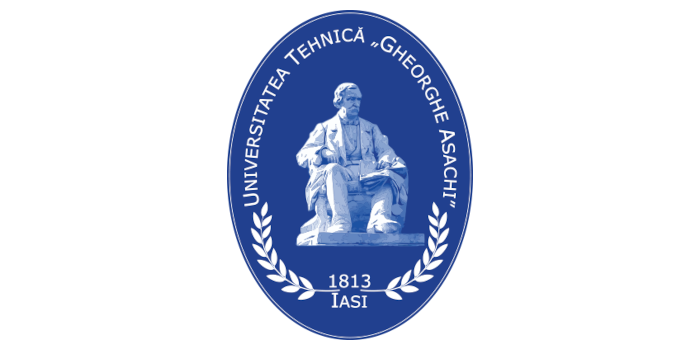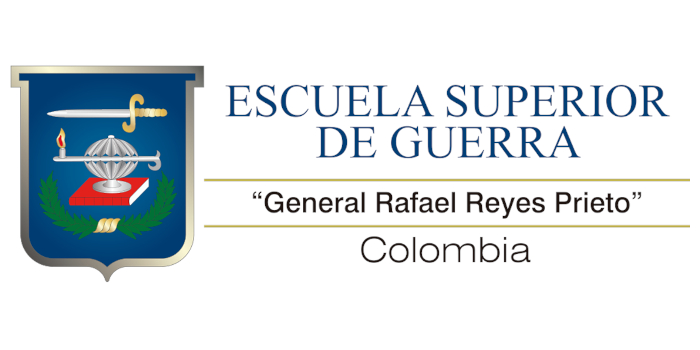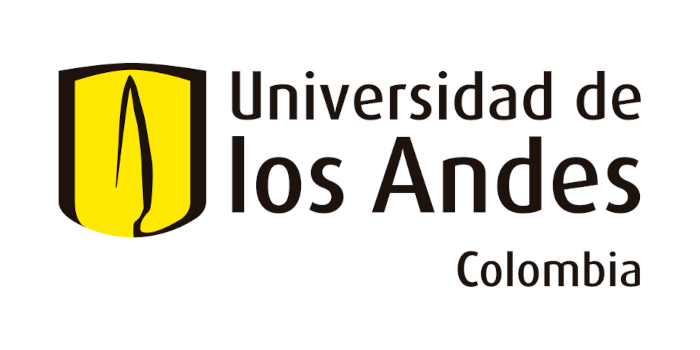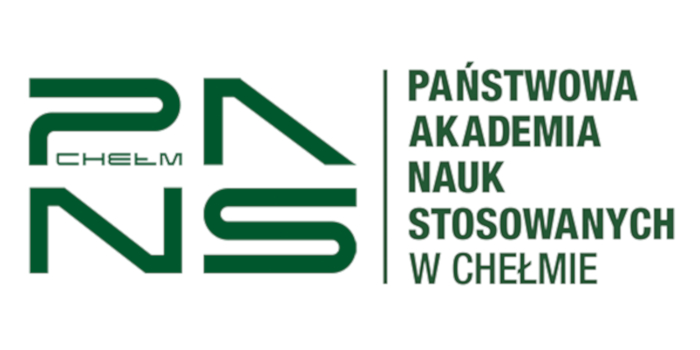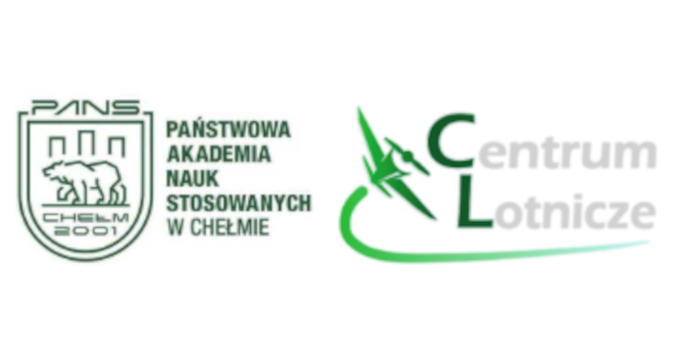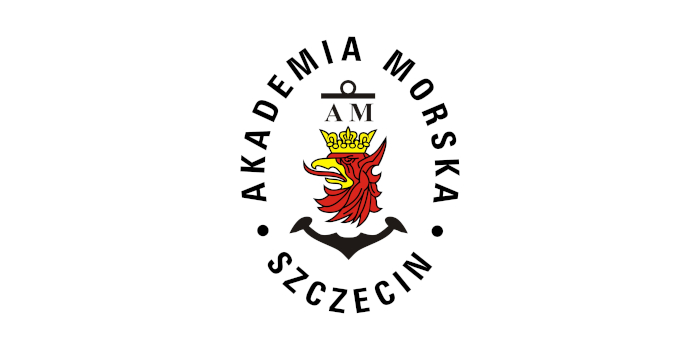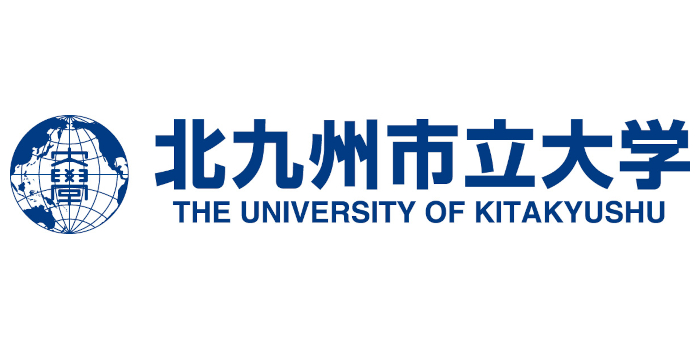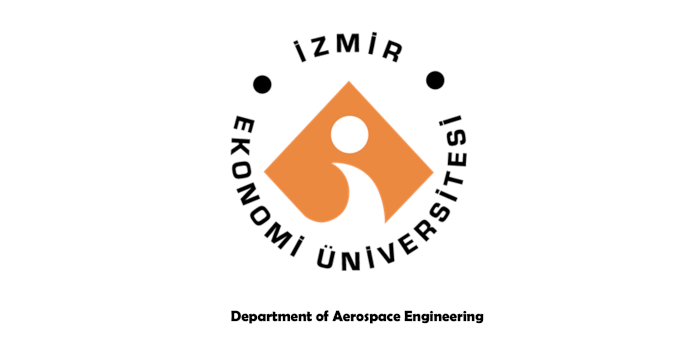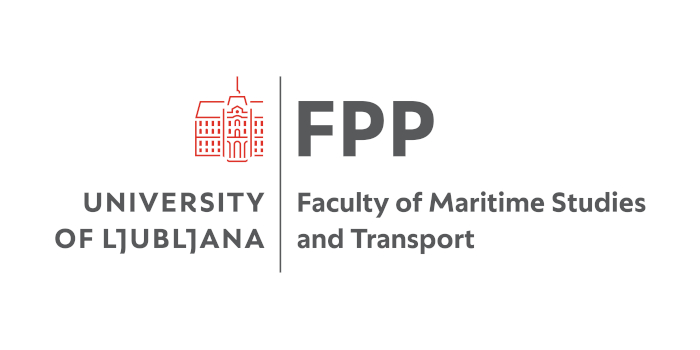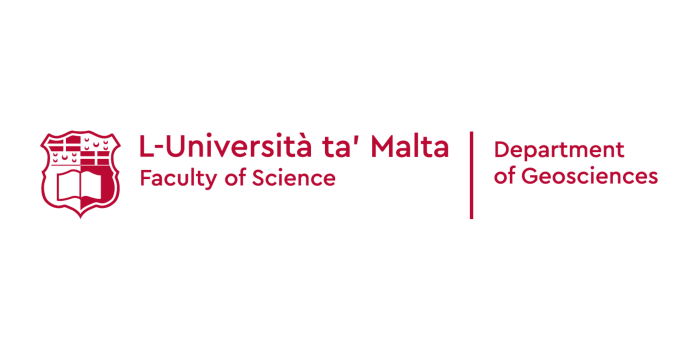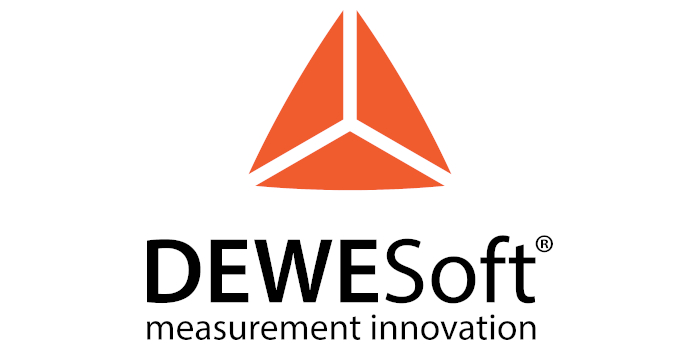SPECIAL SESSION #6
Agentic AI and Strategic Synthesis for Next-Generation Defense Systems
ORGANIZED BY
Remo Pareschi
University of Molise / Stake Lab, Italy
Uwe Borghoff
University of the Bundeswehr Munich
Paolo Bottoni
Sapienza University of Rome, Italy
ABSTRACT
Emerging threats demand adaptive, AI-augmented defense systems capable of synthesizing strategic insights from complex, dynamic environments. This session explores cutting-edge approaches to agentic AI, where human strategists, large language models (LLMs), and specialized AI agents collaborate to:
- Orchestrate Multi-Agent Teams: Enable dynamic, interpretable coordination for crisis response and mission planning.
- Ground Synthesis in Domain Contexts: Translate high-level strategic narratives into tactical actions (e.g., infrastructure resilience, cyber operations).
- Probabilistic Strategic Heuristics: Compose robust strategies from uncertain or conflicting information using quantum-inspired or dialectical reasoning.
TOPICS
In this context, topics of interest of this special session include, but are not limited to:
- AI-Augmented Strategic Decision-Making: Bridging military heuristics with generative AI.
- Human-AI Centauric Systems: Hybrid teams for real-time defense planning (e.g., autonomous swarms, cyber deception).
- Formal Verification of Agentic AI: Ensuring reliability in adversarial environments.
- Case Studies: Applications in NATO/EU security frameworks, misinformation defense, and blockchain-secured autonomous systems.
Rationale for TechDefense 2025:
This session aligns with the conference’s focus on emerging defense technologies by addressing:
- Innovation: Agentic AI frameworks for agile, human-centered decision-making under uncertainty, inspired by quantum logic and dialectical synthesis (e.g., arXiv:2502.14000).
- Impact: Enhances trust and scalability in human-AI collaboration for high-stakes scenarios, leveraging lessons from EU-funded projects and real-world deployments.
- Interdisciplinarity: Integrates AI, formal methods, and defense policy, with case studies from cyber-physical systems and hybrid warfare.
In an era of asymmetric threats and algorithmic warfare, the ability to synthesize strategic insights across human and artificial agents is a force multiplier. This session will showcase how entangled reasoning, probabilistic heuristics, and verifiable AI architectures can transform defense systems—from tactical autonomy to grand strategy. By uniting researchers, industry leaders, and defense stakeholders, we aim to catalyze actionable advances at the intersection of AI, security, and strategic foresight.
ABOUT THE ORGANIZERS
Remo Pareschi is a Professor of Computer Science (PhD, University of Edinburgh) and a serial entrepreneur in AI and blockchain. His research integrates strategic reasoning, multi-agent systems, and human-AI collaboration for defense and security, with projects funded by the EU and industry. Recent work explores AI-augmented decision-making under uncertainty, adversarial resilience, and quantum-inspired strategic synthesis. He combines technical rigor with socio-economic impact, advancing deployable AI for high-stakes environments.
Uwe M. Borghoff is a Full Professor of Computer Science and former Vice President for Digitalization at the University of the Bundeswehr Munich. With expertise in secure systems and intelligence studies, he co-founded the Center for Intelligence and Security Studies (CISS) and directs the Campus Advanced Study Center (CASC). His work bridges AI, cybersecurity, and long-term archiving for defense applications.
Paolo Bottoni is a Full Professor of Computer Science at Sapienza University, specializing in formal methods, model-driven security, and blockchain applications. A leader in policy verification and digital contracts, he co-founded BB-SMILE to develop blockchain solutions for secure, transparent processes in defense and governance.

